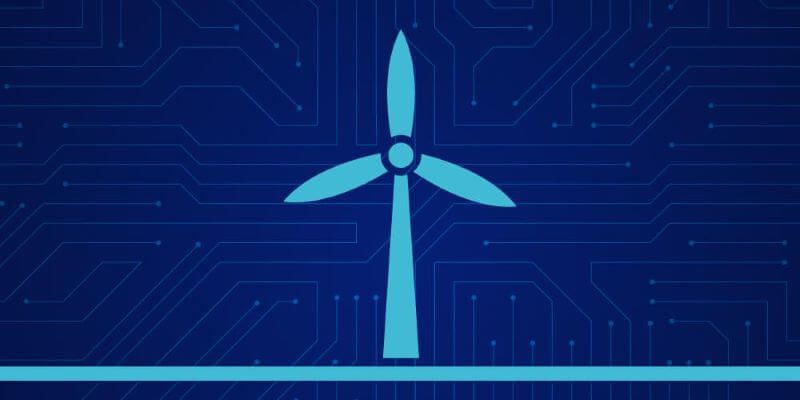- Published
- Wednesday 9 April 2025
Artificial Intelligence (AI) is shaping many global sectors. Degradation of the natural environment and the climate crisis are complex issues requiring the most advanced and innovative solutions. But how much can AI really contribute to resolving the climate crisis?

Environmental sustainability
Artificial Intelligence will aid management across agriculture, water, energy and transport. In agriculture, AI can improve the monitoring of environmental conditions and crop yields. AI can also manage the supply and demand of renewable energy using deep learning, predictive capabilities, and intelligent grid systems. Finally, AI can help reduce traffic congestion, improve the transport of cargo and enable autonomous (or self-driving) cars. This positive impact on the environment somewhat explains the broad harnessing of AI to contribute to managing environmental and global climate change.
Taking this a step further, new robotic technology could radically change the way underground pipes and streets are repaired, minimising disruption for future citizens, visitors, and commuters. The Self Repairing Cities programme is part of the Engineering and Physical Sciences Research Council (EPSRC) award to balancing the impact of city infrastructure engineering on natural systems using robots.
Financial sustainability
AI technology can help firms to encourage fast consumer decision-making and detect fraud and financial crime through machine learning. For example, machine-controlled wealth management services (robot advising) and algorithmic trading are helping financial institutions to optimise monetary decisions, and ‘smart ledger’ technology could support the adoption of Collective Defined Contribution (CDC) schemes.
Whilst AI promises to increase financial stability through minimised error margins, it brings new risks like interconnectedness between financial markets and confusion regarding machine learning decision-making processes when operating with AI. Therefore, macro-level standards need to be enforced, and regulators ought to tighten governance on the use of AI by companies (Parker Fitzgerald) to mitigate these risks.
Job sustainability
There is no denying that smart machines will make today’s jobs more efficient. However, humans are more likely to work with smart machines in the digital enterprises of the future than be replaced by them.
AI applications to agriculture, water, energy and transport will also produce 18.4 – 38.2 million net jobs globally (equivalent to the number of people currently employed in the UK), offering many skilled jobs. This is simply the beginning. If there are this many jobs being created in these sectors alone, the possibilities are substantial across industries globally.
Therefore, companies need to train employees to work alongside machines, rather than creating a culture of fear that jobs will become irrelevant.
There are many ways, that AI will enable a sustainable future, in addition to those highlighted here. Companies will transition into more sustainable working practices, requiring workforces with the skills to support these changes. Therefore, we must tackle the future of AI to reap the rewards of a more sustainable future impacting our health, wellbeing and lifestyle.